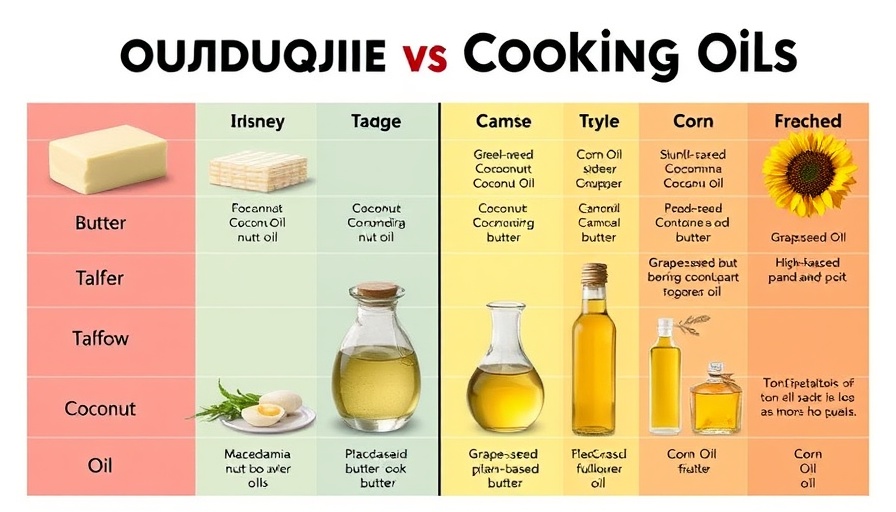
Understanding the Connection Between Medications and Iron Levels
Iron plays a crucial role in our overall health, particularly in maintaining healthy hair. This essential mineral is responsible for producing hemoglobin, which carries oxygen in our bloodstream to vital areas of our body, including our hair follicles. For women aged 50-70, who may already be at risk of iron deficiency due to hormonal changes and dietary limitations, understanding how medications can impact iron absorption is essential.
In 'Can Medications Affect Iron Levels and Hair? - Women's Health and Harmony,' the discussion highlights the critical connection between medications and iron absorption, prompting us to explore how this relationship impacts hair health and overall well-being.
Medications That Can Impact Iron Absorption
Certain common medications can interfere with iron absorption in the body. For instance, antacids and proton pump inhibitors, used often for treating ulcers and acid reflux, work by reducing stomach acidity. While they are effective in managing these conditions, they can inadvertently decrease the body's ability to absorb iron effectively.
Additionally, medications like calcium channel blockers, which are prescribed for high blood pressure, also pose a risk by potentially lowering iron levels. The implications of these medications can be especially concerning for women who may already be fighting against iron deficiency.
The Impact of Iron Deficiency on Hair Health
Hair health is closely linked to an adequate supply of iron. Women experiencing low iron levels often notice changes in their hair, including increased brittleness or noticeable hair loss. Maintaining healthy iron levels is vital for producing the proteins necessary to keep hair follicles vibrant and strong. Understanding how medications can inadvertently influence these iron levels is a step every woman should take seriously.
Practical Steps to Ensure Healthy Iron Levels
Monitoring and supporting your iron levels as a woman in this age bracket is vital. Here are some practical steps to consider:
- Incorporate Iron-Rich Foods: Eating iron-rich foods is key. Include options such as red meat, leafy greens like spinach, and fortified cereals in your diet to boost your iron intake.
- Timing of Iron Supplements: If you take iron supplements, be mindful of when you consume them. It’s best to avoid taking them alongside medications known to affect iron absorption.
- Communicate with Your Healthcare Provider: Regular check-ins with your healthcare provider are essential. Discuss any medications you are taking and how they might impact your iron levels. Your healthcare provider can give you strategies on how to manage these interactions effectively.
- Consider Iron Supplements: If dietary sources aren't sufficient to meet your iron needs, don't hesitate to discuss the possibility of supplements with your provider.
Empowering Women to Take Control of Their Health
Understanding how medications can influence iron levels is critical for maintaining overall health, especially for women facing unique health challenges. By being proactive in monitoring your iron levels and having open discussions with your healthcare provider, you can support your hair health and overall well-being. Knowledge is power, and taking small steps can lead to significant improvements in your quality of life.
Conclusion: The Path to Healthier Hair
Maintaining healthy iron levels is a journey every woman should embark on, especially when medications may affect absorption. By staying informed and advocating for your health, you are one step closer to vibrant hair and overall wellness! If you're curious about more practical tips for supporting your health during these years, let’s commit to exploring these topics together. Your journey to optimal health starts here!
 Add Row
Add Row  Add
Add 




Write A Comment